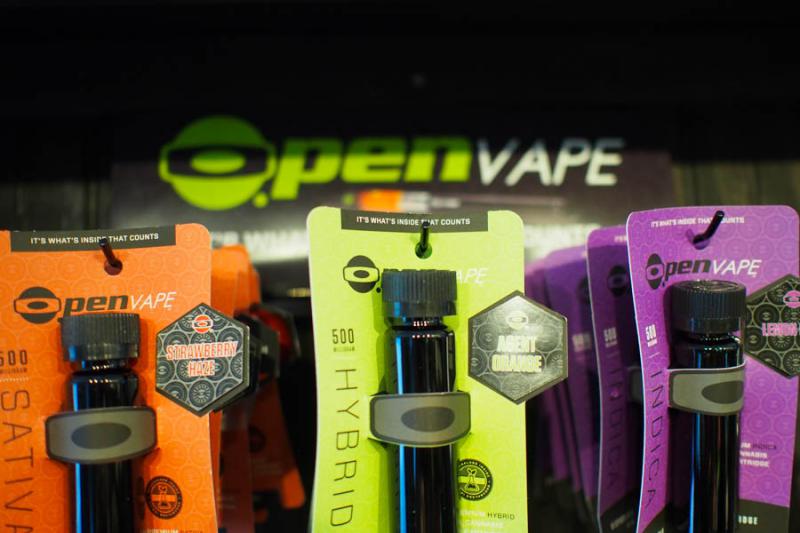

Because you’re already in a weakened condition, the THC may hit harder.Altitude made an add-on investment as co-lead in BDS Analytics’ Series B Preferred Stock $3.5 million capital raise.

At high elevations, smoking isn’t getting you higher it’s simply as if you smoked after exercising when you had difficulty breathing and felt tired. It’s easy to see how mixing cannabis or alcohol with existing side effects may create some misunderstandings. As we become more accustomed to higher elevations (often over several weeks), our bodies get better at utilizing the restricted O2 molecules, and those feelings subside. Dizziness or a sense of breathlessness might be experienced as a result of the number of O2 molecules being reduced. A lack of pressure allows our lungs to receive less O2 molecules. The drop in pressure that rises with higher elevations is the primary explanation for this. So why does the myth that getting drunk or high comes easier at altitude? If you’re from a lower-elevation area, a visit to a higher elevation site may already make you feel dizzy and out of breath. The amount of alcohol that your stomach can process and the amount of THC that your lungs can process is a set amount for every individual, and altitude has no effect on this. No, it’s not at all difficult to become winded and lightheaded while smoking a joint at 10,000 feet due to the lack of oxygen nevertheless, you aren’t going any higher. The same would be applicable to marijuana. If you are dehydrated and your blood contains less water, adding alcohol means you’ll get drunk faster, regardless of whether you’re in Miami or Denver. That isn’t restricted to high altitudes, though. The feeling of getting drunker more quickly most likely comes from the alcohol interacting with the impact of higher and dryer climates on your body, which includes dehydration and tiredness. Your body can only metabolize alcohol so fast. They conducted tests on humans in a pressurized chamber that could replicate the air and air pressure of any altitude, and there was no difference between alcohol’s effects at sea level and those at high altitude locations like Denver. In fact, there has been a study conducted by the Federal Aviation Administration regarding alcohol and altitude.

Do you Get Higher at High Altitude than at Sea Level? And oh yeah, that thing about alcohol hitting harder at altitude? That’s not true either.

the reality is that higher altitude does not allow one to get high more easily. It’s a reasonable assumption and one that many people desperately wish to be true. It must be easier to get high when you’re high, right? It’s common knowledge that alcohol has a stronger effect at altitude, right? So when marijuana was first legalized recreationally in the United States in Colorado, speculation quickly began to build as to whether the same was true for THC. In this blog post, we will explore the science behind the effects of consuming cannabis at altitude. Some people firmly believe that marijuana gets you higher at high altitudes, but there hasn’t much, if any, scientific research to back that belief up. At Denver’s high altitude, does the potency of marijuana increase as well? This is a question that has been debated for many years and even more so since the dawn of recreational cannabis in Colorado.


 0 kommentar(er)
0 kommentar(er)
